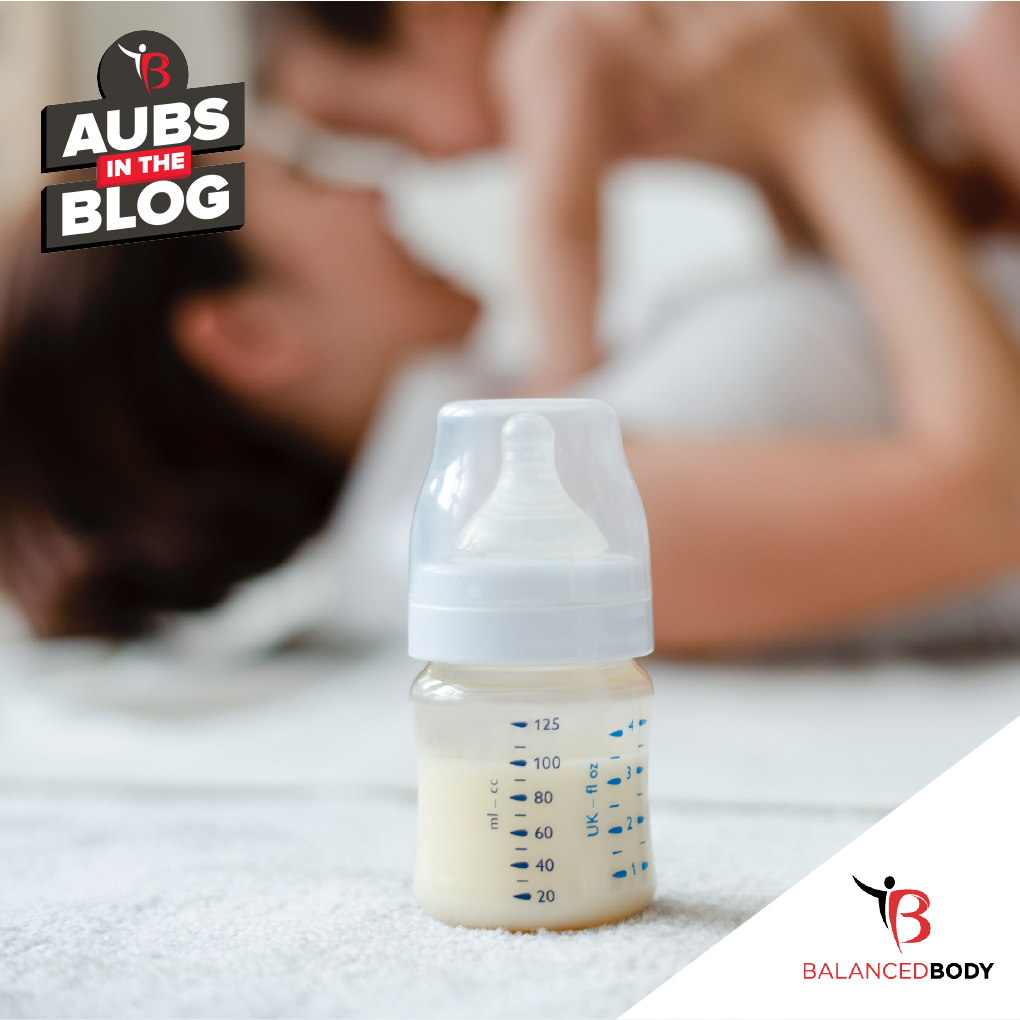Proper nutrition during the pre and postnatal phases is vital to both mother and baby. With the added demands on the mother’s body, and those necessary for the development and well-being of her baby, eating healthy during and after pregnancy provides an abundant amount of short and long-term benefits.
Prenatal Dietary Importance
There is so much preparation that goes into the process of growing a baby and birth. A mother-to-be pours over every possible detail of her pregnancy including how to treat and nurture her body to give her baby the best possible start to life. During pregnancy, a baby depends on the nutrients being received from their mother. Making a balanced diet essential in reducing health risks. These risks include:
- Fetal/infant mortality
- Intra-uterine growth retardation
- Low birth weight
- Premature birth
- Birth defects
- Poor brain development
- Risk of infections
Practicing healthy dietary habits also helps prepare the mother-to-be’s body for a safe birth and quicker postpartum recovery. These habits range from knowing how much to eat, what to eat, what not to eat, and why a balance of micro and macro nutrients is so important.
Postnatal Dietary Importance
After pregnancy, a mother’s body has undergone a tremendous amount of change and stress. Recovering from birth requires patience and support through postnatal nutrition. There should be a strong focus on recovery and healing through proper diet and healthy habits. For mothers that are breastfeeding, the connection to her baby remains very intertwined, making proper nutrition ever more vital.
The Role of Carbs, Fats, and Proteins
There has been an influx of information and opinions on what is best during the pre and postnatal stages, making the task of choosing what to eat and what not to eat very confusing.
As a nutrition professional, I see the value in having a well-balanced diet regardless of age, sex, or lifestyle. I strive to develop a plan and educate others on a diet consisting of all three macronutrients: carbs, fats, and proteins. These three food categories are also essential to a healthy pregnancy, making the incorporation of them into a mother-to-be or new mother’s dietary regimen extremely important to both her and her baby. These macronutrients are the building blocks to life!
Carbs
- The body’s main fuel for all activities
- Sustains energy and promotes healing during & after pregnancy
- An important source of fiber **help prevent constipation**
- Opt for complex carb sources (breakdown slowly and provide energy over time) instead of simple carb sources (breakdown quickly and provide quick energy bursts)
As a rule of thumb, the more complex and whole grain the carbohydrate is, the better,” says Deborah Goldman, MD, an ob-gyn at Women & Infants Hospital of Rhode Island. “The more complex the carbohydrate, the more whole grain it is, the slower your body absorbs it. That will help your blood sugar levels remain consistent, instead of bumping up and down.”
Fats
- Essential to the mother’s immune system, aid in blood clotting, and help the body absorb and use vitamins A, D, E and K
- Regulates hormones
- Babies need healthy fats for proper development of the heart, eyes, brain, nervous and immune systems, during both pre and postpartum
- During pregnancy, fats provide energy and help build many fetal organs & the placenta
- Opt for monounsaturated and polyunsaturated fats
Proteins
- Provides the nutrients the body needs to grow and repair muscles & other tissues
- Positively affects the growth of fetal tissue
- Helps mother’s breasts and uterine tissue to grow during pregnancy
- Plays a direct role in increasing blood supply
- Opt for lean or low-fat meat/poultry, beans, nuts and seeds
The Role of Vitamins and Minerals
In addition to these three essential macronutrients, it is also very important to include micronutrients into pre and postnatal dietary regimens as well. Micros are the vitamins and minerals required by the body both during and after pregnancy.
- Folate and folic acid – prevention of major birth defects of the baby’s brain and spine (neural tube defects); supports general growth and development of baby
- Calcium – builds and strengthens bones and teeth while helping the circulatory, muscular, and nervous systems function normally
- Iron – helps red blood cells deliver oxygen to the baby
- Vitamin A – forms healthy skin and eyesight; helps with bone growth
- Vitamin C – promotes healthy gums, teeth, and bones
- Vitamin D – helps build baby’s bones and teeth; helps promotes healthy eyesight and skin
- Vitamin B6 – helps form red blood cells; helps the body use carbs, fats, and proteins
- Vitamin B 12 – maintains nervous system; is needed to form red blood cells
The role of nutrition in the pre and postnatal stages is much more than just eating healthy. With so many important and vital areas to be mindful of, both moms-to-be and new moms will benefit from the care and attention being dedicated to complete dietary wellness.
Are You Ready To Take The Next Step In Your Pre or Postnatal Nutrition?
Get a head start on your pre or postnatal nutrition by contacting our in-house, certified nutrition professional and coach, Aubree “Aubs” Shofner, at [email protected].
